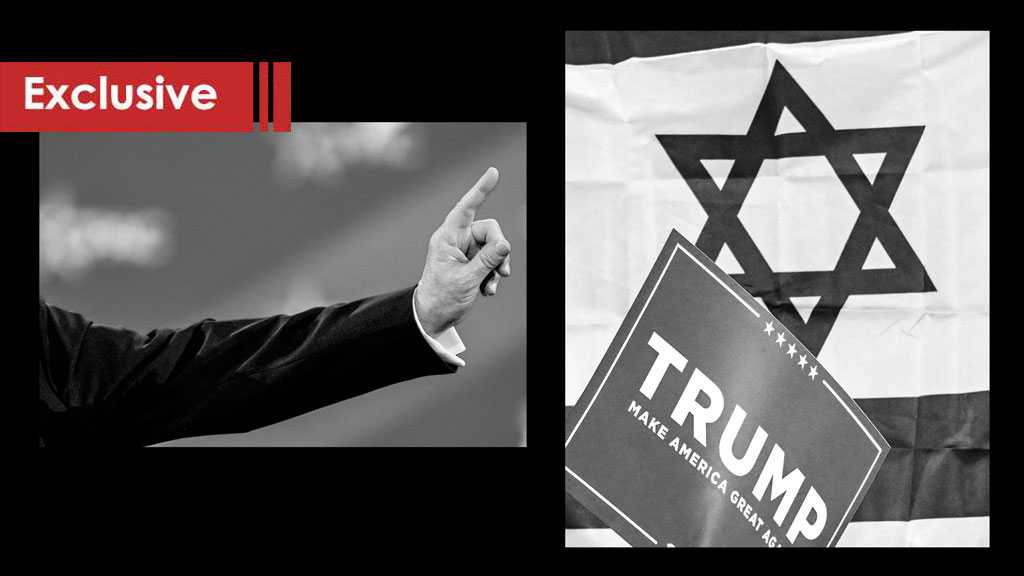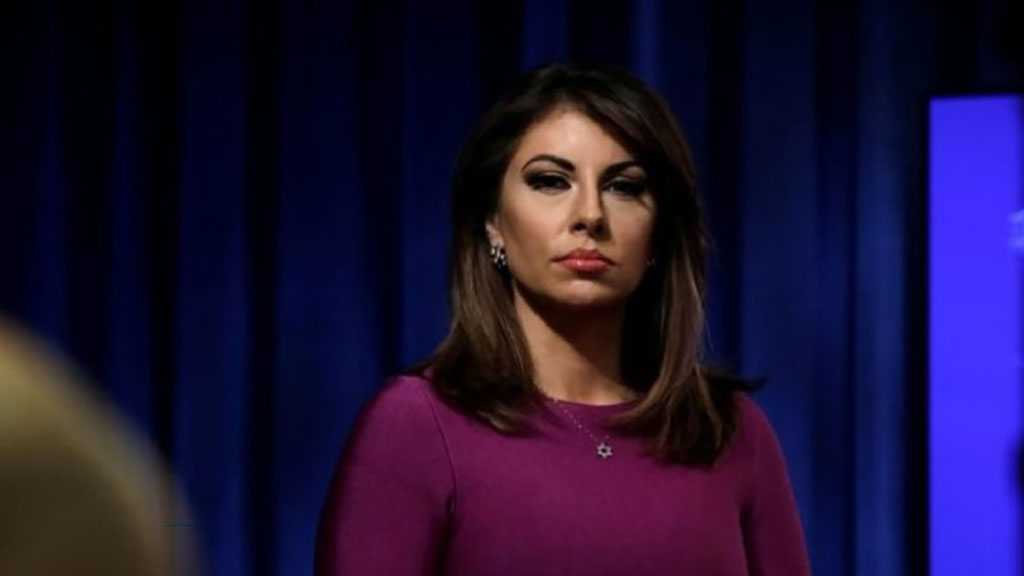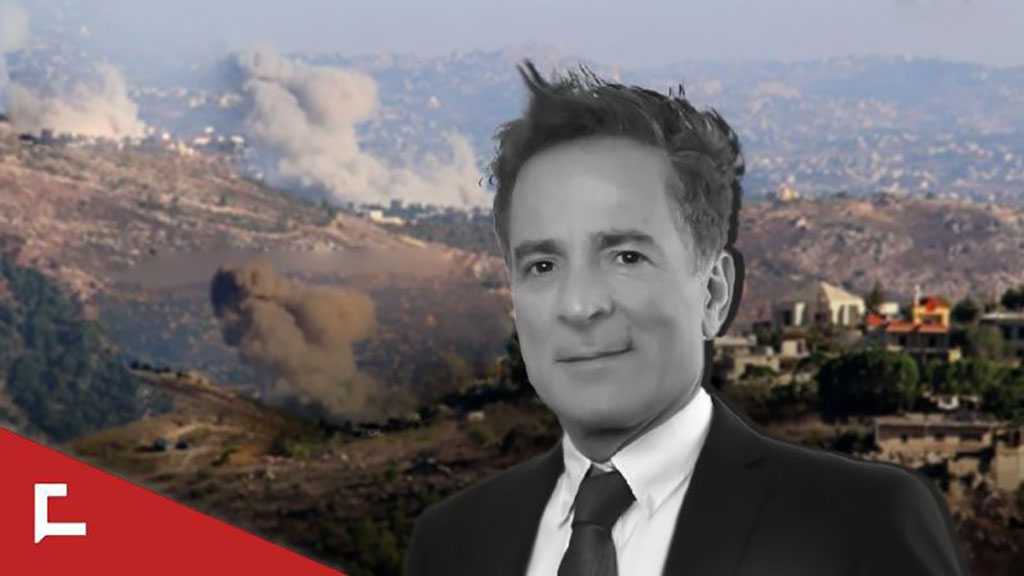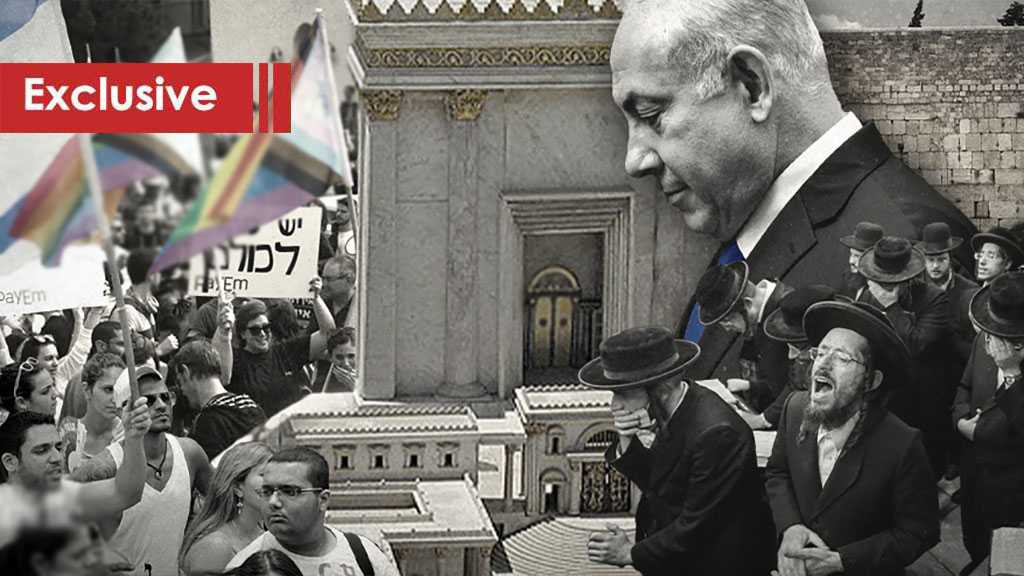Hariri’s words: Dull Echoes, Verbal Remedy of Christians’ Concerns

Hilda Maadarani
The redounding echoes of fresh statements given by former Prime Minister, Saad Hariri, were terrifically dull.
 The impact made by a recent interview with Hariri failed to meet the expectations that preceded it, especially that the talk show was anticipated to publicize a new initiative on leading the country, or the Future Movement, out of the current electoral crisis. Nevertheless, Hariri could barely mend his lapsed popularity, which is being worn out by his many Sunni rivals. As per usual, Hariri gave in to sentimentality and impassioning, and instead of facing politics with politics, he resorted to vexation.
The impact made by a recent interview with Hariri failed to meet the expectations that preceded it, especially that the talk show was anticipated to publicize a new initiative on leading the country, or the Future Movement, out of the current electoral crisis. Nevertheless, Hariri could barely mend his lapsed popularity, which is being worn out by his many Sunni rivals. As per usual, Hariri gave in to sentimentality and impassioning, and instead of facing politics with politics, he resorted to vexation.
During the interview, it was clear that Hariri sought to dwarf the crises his Movement has unceasingly implicated the country into. Future's counterproductive political positions did not start with the eruption of the Syrian crisis; they rather go back till the explosion of the Lebanese internal bickering in 2005, when Hariri's performance was offhanded and his relying on foreign support was exaggerated. He lampooned the Lebanese facts out of his sense of elimination and monopoly of power and decision-making.
Besides, Hariri sought to hide his personal exacerbating problems by magnifying the electoral quandary, and his initiative on the so-called "rectifying the representation of Christians" just aggravated the existing crisis and entrenched the current stagnation.
Building on this, Director of the New Orient Center for Strategic Policies, Ghaleb Qandil, saw that Hariri did not actually launch any initiative, "which is supposed to be laid out of his position as a parliamentary bloc leader, amid surging discussions on an electoral law."
He added that the so-called initiative should have addressed the most possible common ground with parties that Hariri disagrees with.
Hariri spoke about small-sized districts, and he knows that key blocs refuse such a proposal. He also clung to a majoritarian balloting system, albeit rejected by these blocs. In addition, he called for the formation of a Senate incompliantly with the Taif Accord, since the Senate must be formed simultaneously with the election of the first Parliament from outside the sectarian proviso and upon proportionality with Lebanon as one single district.
"Hariri cannot term what he said as an initiative, because an initiative must be a positive step aimed at dealing with the existing viewpoints in order to reach agreement over a given matter," Qandil said.
Furthermore, Hariri lengthily spoke of the Christians' concerns. Yet such verbosity does not heal grievances. What is sought is a correct diagnosis and the right remedy.
Qandil saw that Hariri did not present a formula that addresses these concerns positively. He said that the former Prime Minister shrugged off the fact that the political "Harirism" since Taif Accord had held grip of the Christians-affiliated posts, in collaboration with MP Walid Jumblatt. He added that the "Harirism" also patronized the electoral laws, in tandem with the Syrian party at the time tasked with the so-called the Lebanese dossier, and which enabled Hariri to control politics and economy in the Lebanese system, after he had destroyed the bridges of communication between General Michel Aoun and late President Hafez Assad. "Therefore, it was clear that the electoral laws approved since 1992 were all put upon this basis," Qandil corroborated.
Qandil also reproached Hariri's failure to say anything about the efforts of House Speaker, Nabih Berri, in reaching a consensual proposal based upon the hybrid vote system. "It is clear that Hariri fears proportionality because it would open the doors to showing the real representation of Sunni forces," he said, adding that he also fears these political blocs would develop at the expense of Future Movement that is titling to isolation.
Moreover, he pointed out at Hariri's holding onto his grip over Christians-affiliated posts due to the process that followed Taif Accord and which distorted the content of this agreement.
Hariri did not fail to flatter Christians. Mostly, he voiced support for the optional civil marriage. But it was crystal-clear that his support was fake since Hariri cannot provide the required quorum of Sunni MPs to approve this proposal, noting that Future Movement at the time of Rafik Hariri was the side that vetoed this project. "Saad Hariri's support for civil marriage was done to spite Grand Mufti, Sheikh Mohammad Rashid Qabbani, whose stance I disagree with. But in the current dispute between Future Movement and Dar-al-Fatwa, everything seems possible; in fact, every day we hear and see Future Movement targeting the Mufti," Qandil concluded.
Source: al-Ahed news, Translated and Edited by moqawama.org




